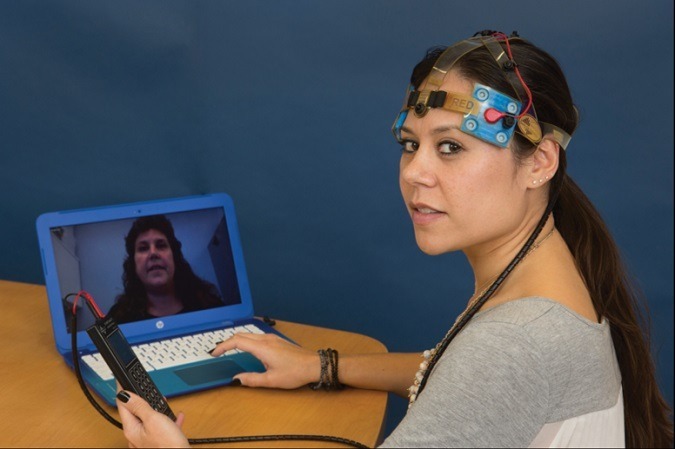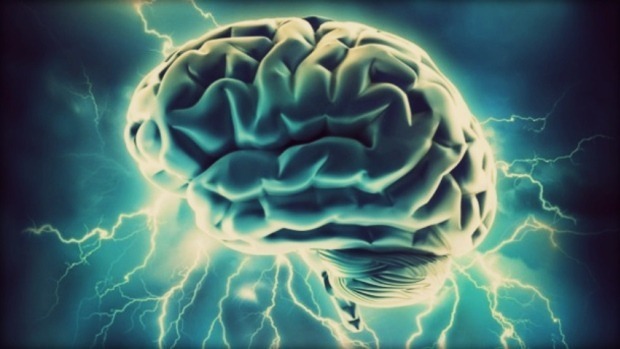Posts Tagged ‘electrical brain stimulation’
Study: Transcranial Direct Current Stimulation (tDCS) can reduce fatigue in patients with Multiple Sclerosis (MS)
_______________ Transcranial Direct Current Stimulation Shown to Reduce Fatigue Associated with Multiple Sclerosis (NYU Lagone Health press release): “People with multiple sclerosis (MS) who underwent a non-invasive form of electrical brain stimulation experienced significant reductions in fatigue, a common and often debilitating symptom of the disease
Read MoreToo early? Brain stimulation device Thync fails to get traction in the minds of consumers
How Thync, Startup Behind Brain-Zapping Gadget, Almost Died (Bloomberg): “In 2014, Silicon Valley startup Thync had sold technology enthusiasts and venture capitalists on the idea of strapping a device to your forehead that sends electric shocks to the brain. The wearable gadget garnered attention for its futuristic promises of brain stimulation,
Read MorePros and Cons of latest wearable tech trend: Mood-altering electrical brain stimulation
Electrical brain stimulation moves from lab to home, experts wary (CBC radio): “Zapping your brain to adjust your mood may sound like the stuff of science fiction, or a campy B movie. But Anna Wexler is a real life grad student at the Massachussets Institute of Technology, demonstrating a real, commercially available device she bought for less…
Read More


